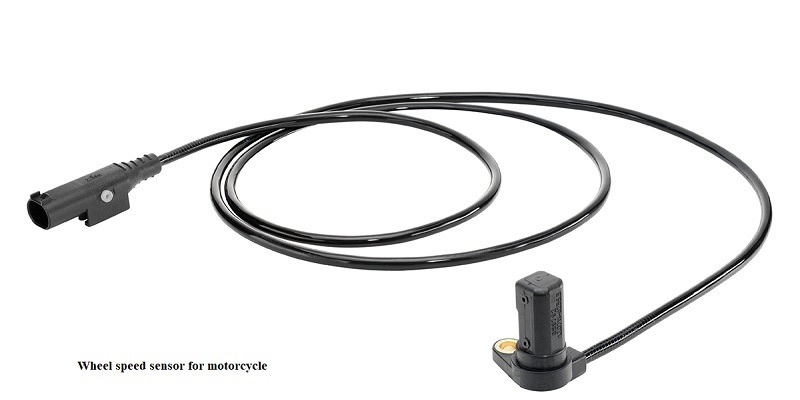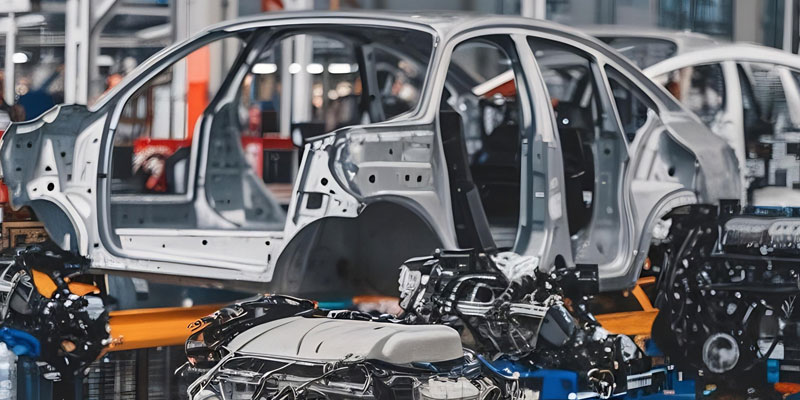Schedule a Call Back
Continental India celebrates production of 50 mn wheel speed sensors
 Industry News
Industry News- Nov 17,20

Related Stories

Rewarding Manufacturing Resilience
Effective January 1, 2026, Mexico imposed import duties ranging from 5 per cent to 50 per cent on a broad set of goods from non-free trade agreement (FTA) countries, including India, China, South Ko..
Read more
EV transition and tariff wars redefine India’s auto components play
India’s auto component industry is poised to hit $ 145 billion by FY30 from $ 80 billion in FY25. Yet high US tariff, EV transition and heavy reliance on imports from China expose vulnerabilities,..
Read more
EV shift, trade pressures threaten India’s auto components: Tushar Bhaskar
India’s auto component industry faces mounting risks as EV-led technology shifts, trade pressures, and critical material dependence threaten its global competitiveness.
Read moreRelated Products

Automotive Oil Pump
Kalpak Auto Pvt Ltd offers a wide range of
automotive oil pump.
Tata Motors unveils facilities for development of Hydrogen propulsion tech
Tata Motors, India?s largest automobile company, unveiled two state-of-the-art & new-age R&D facilities for meeting its mission of offering sustainable mobility solutions. The unveilings constitute of Read more
Tata Motors plans petrol powertrain for Harrier and Safari SUVs
Tata Motors is in the process of developing a new petrol powertrain for its premium sports utility vehicles, the Harrier and Safari, as confirmed by a senior company official. Currently, these models Read more
















